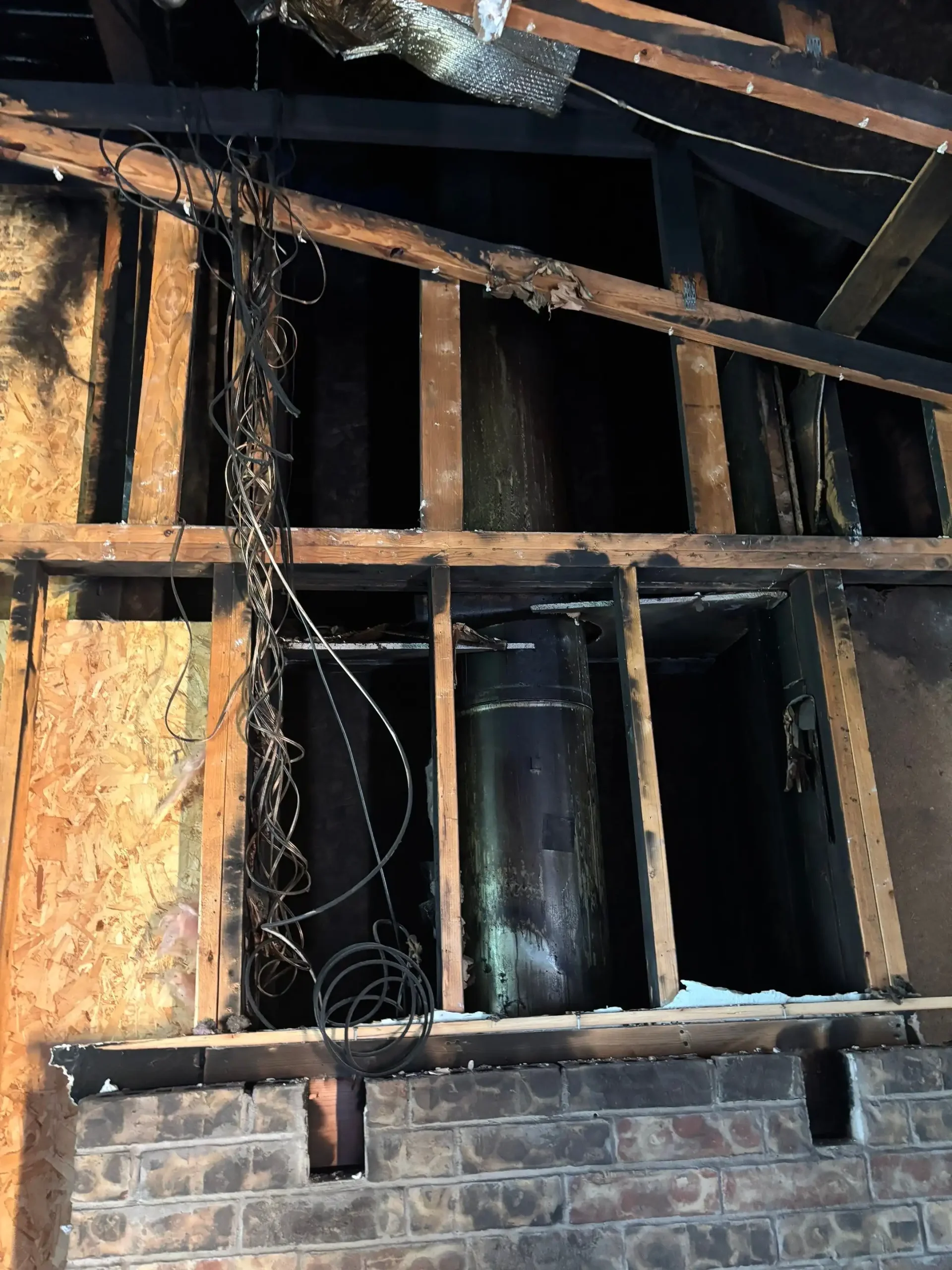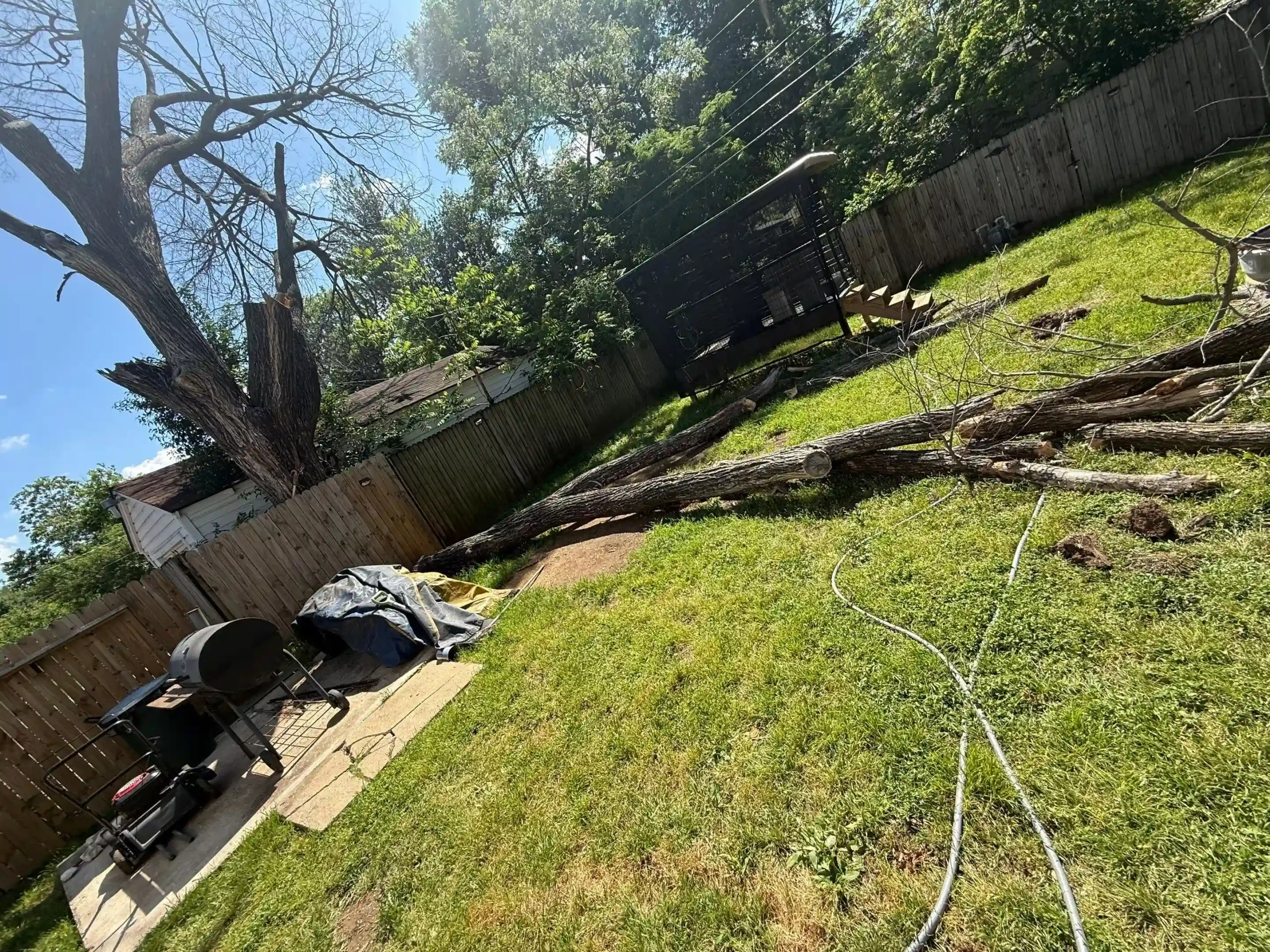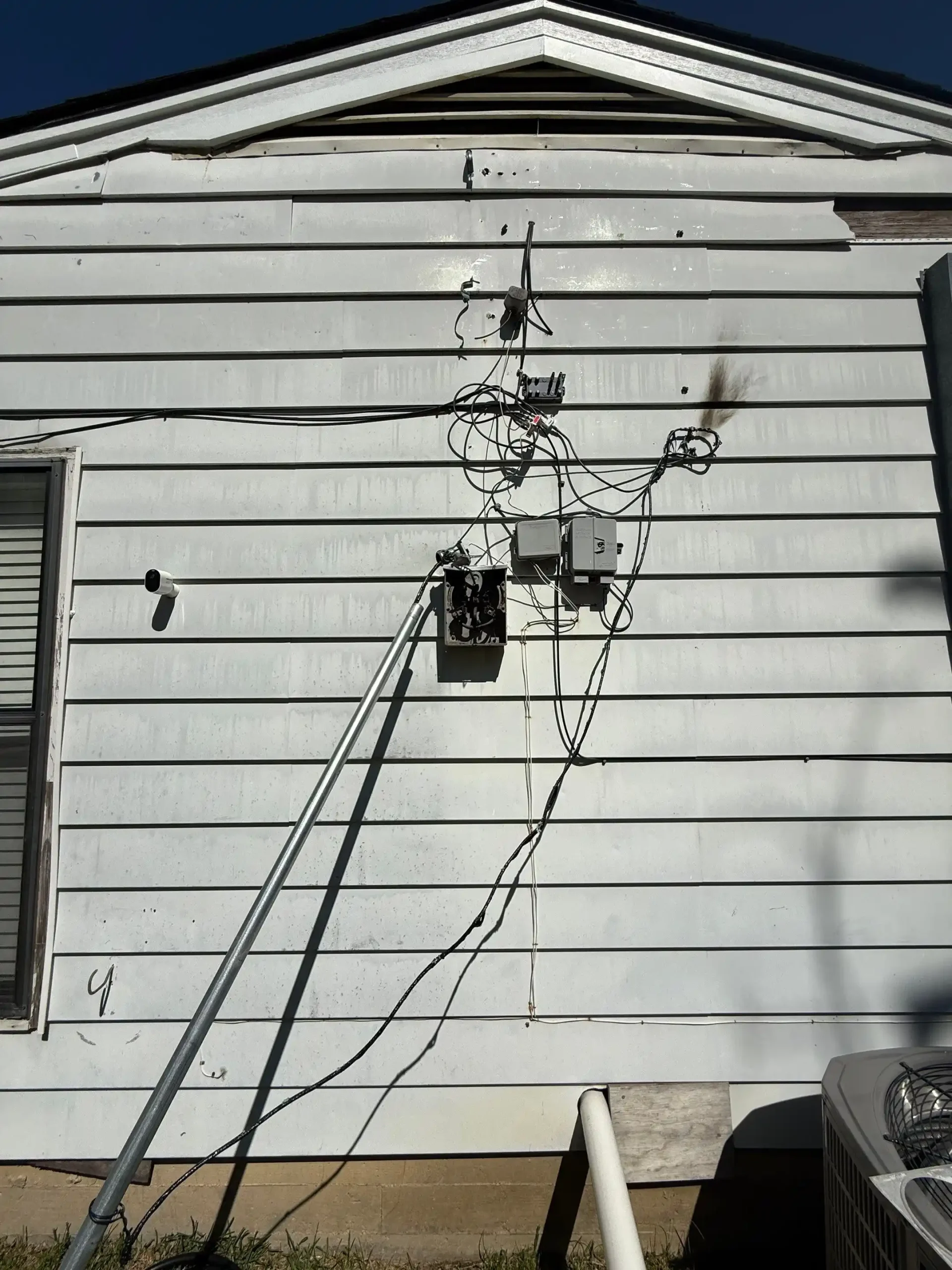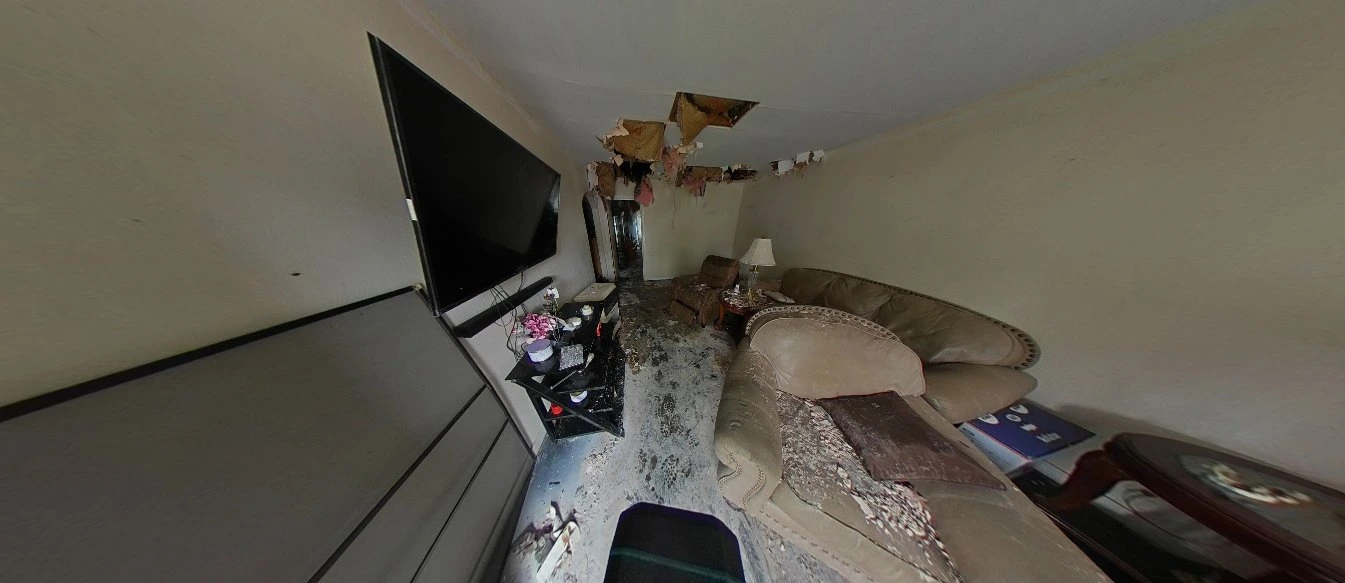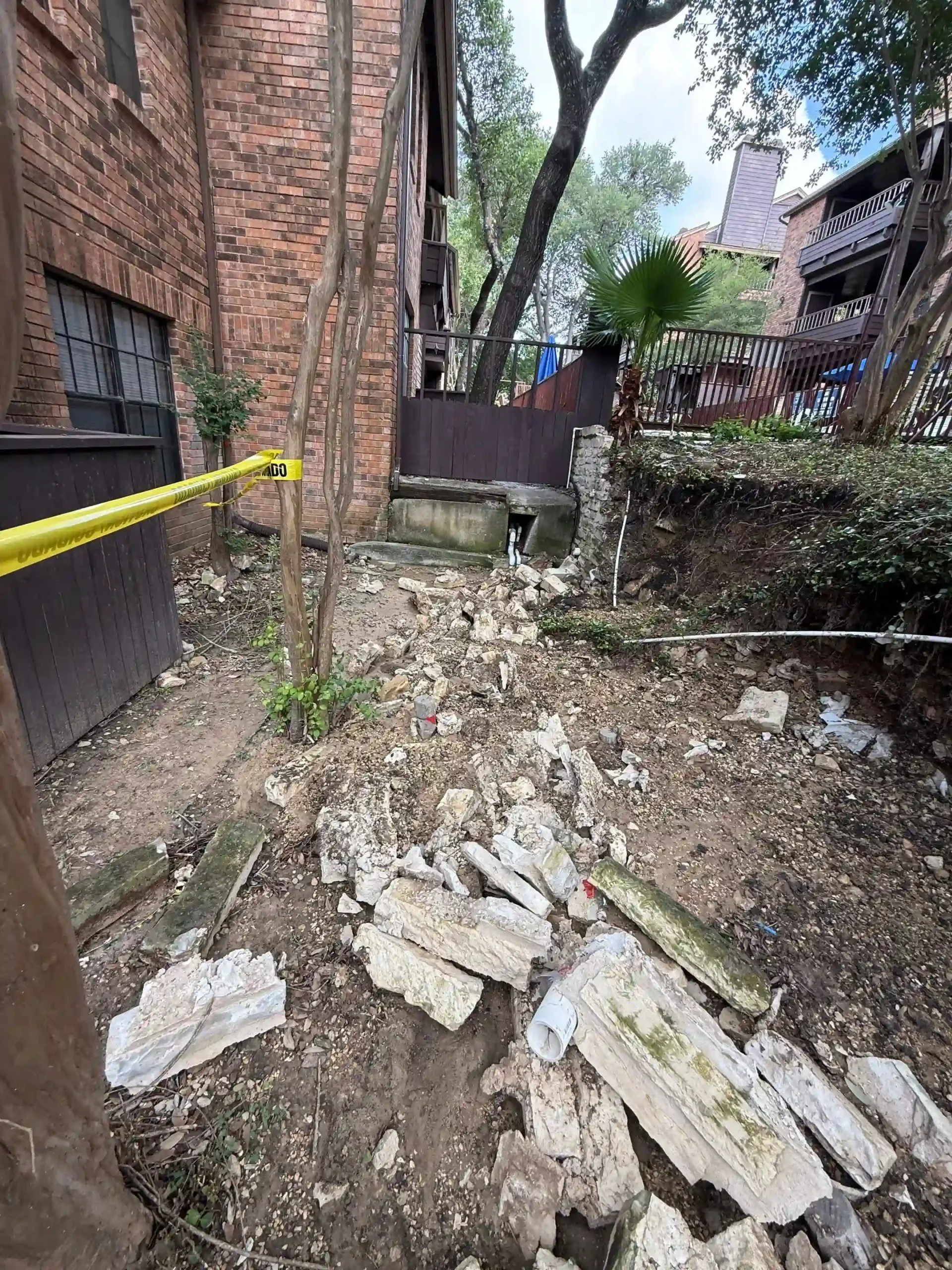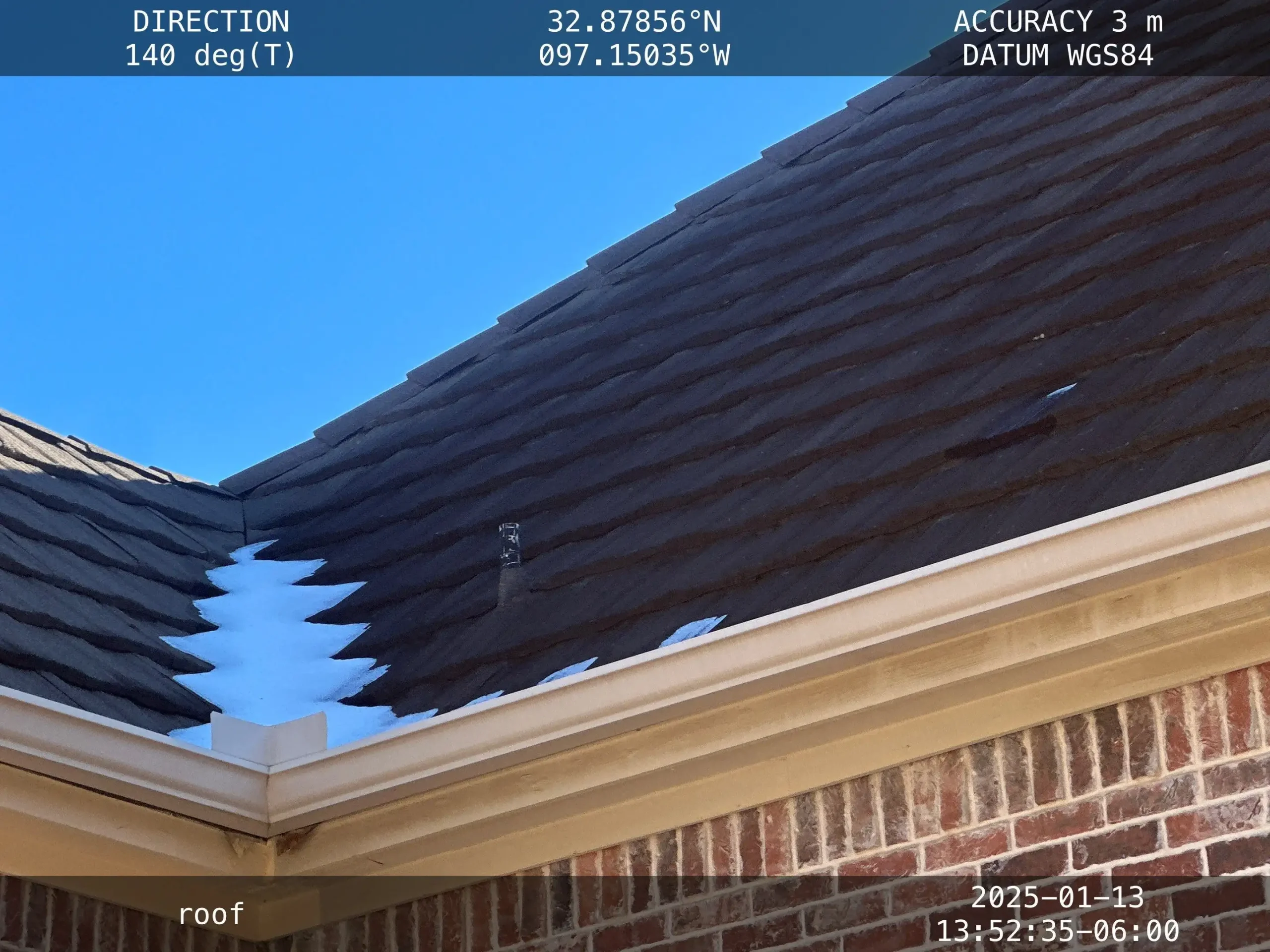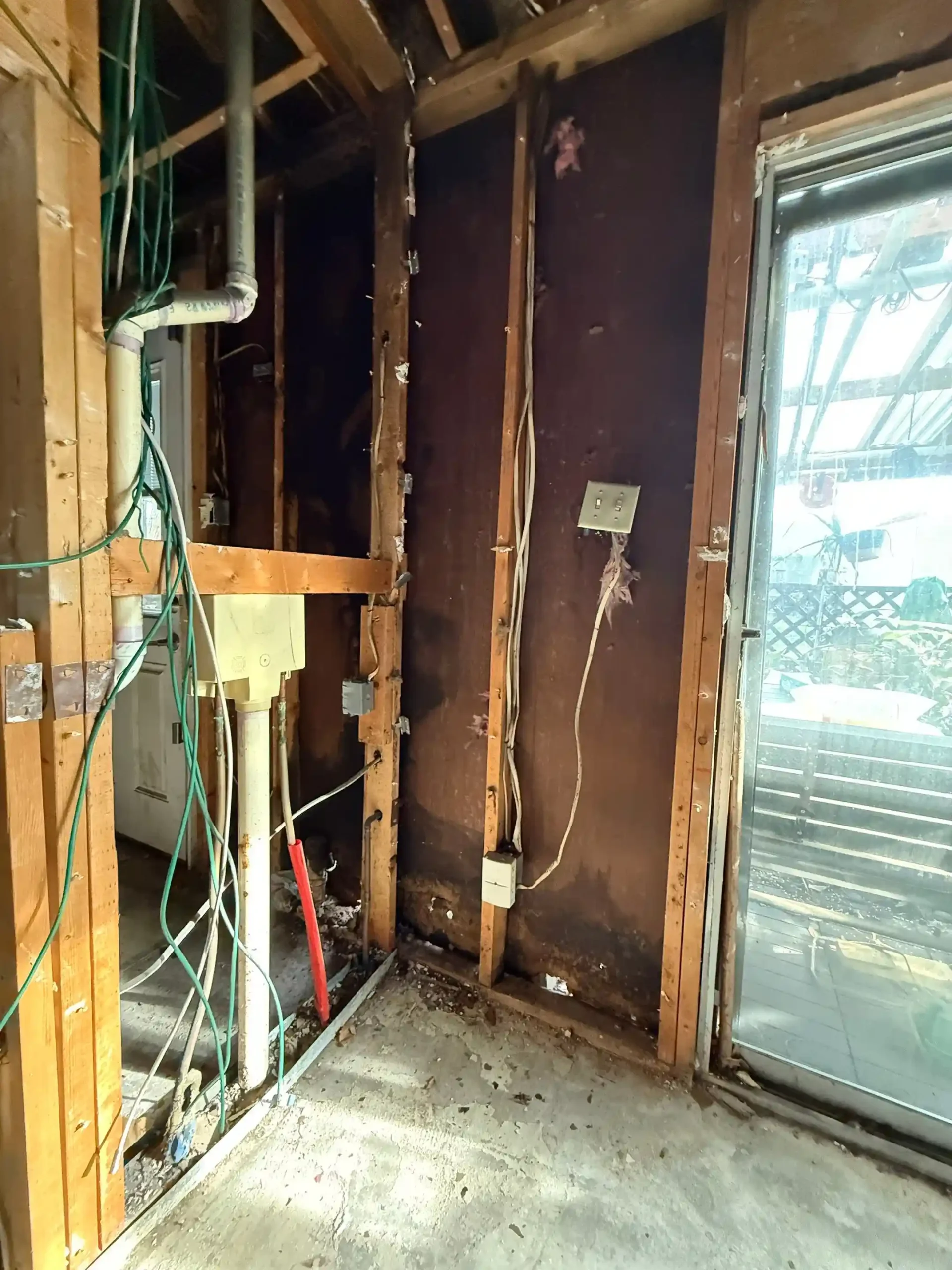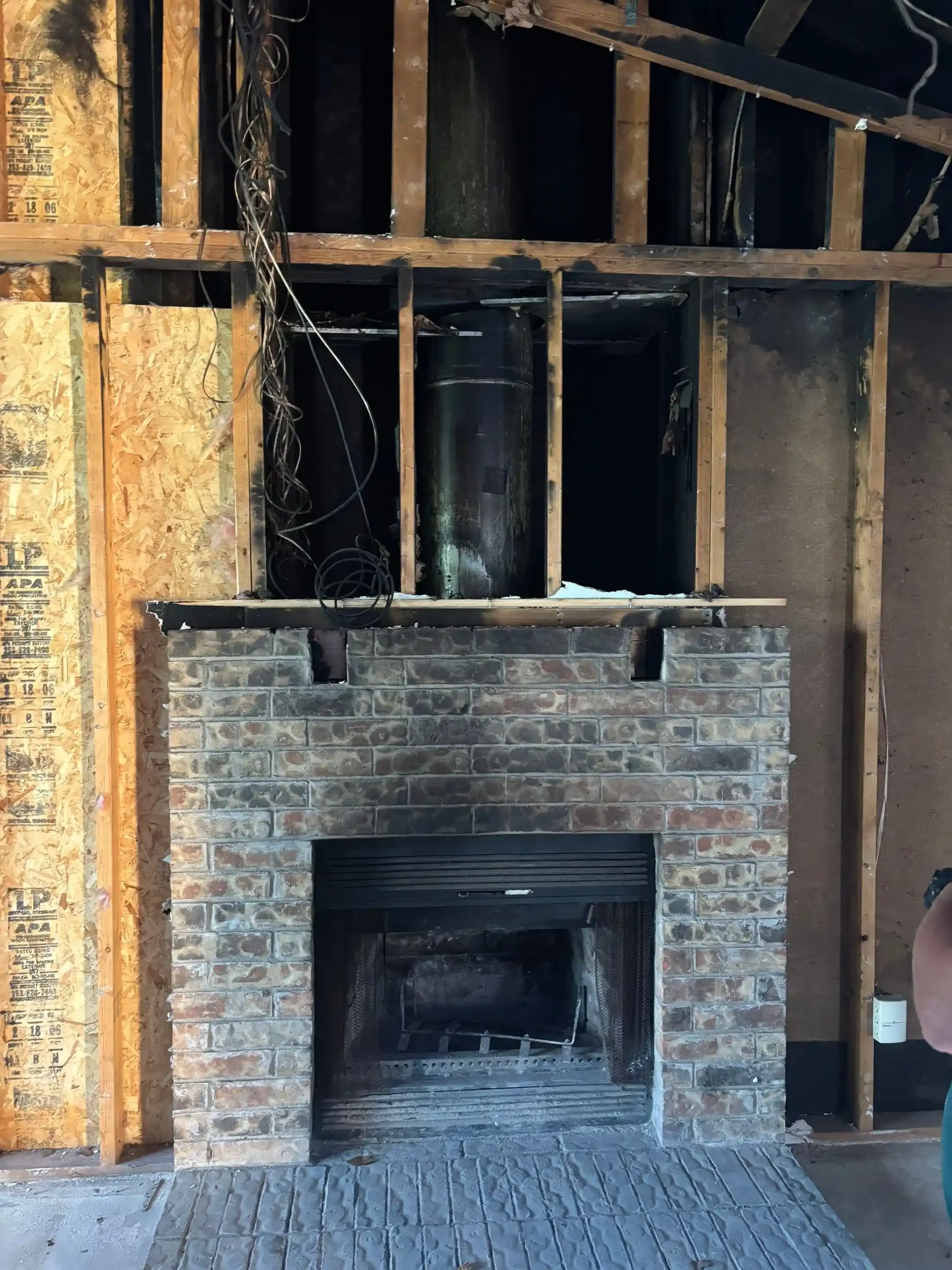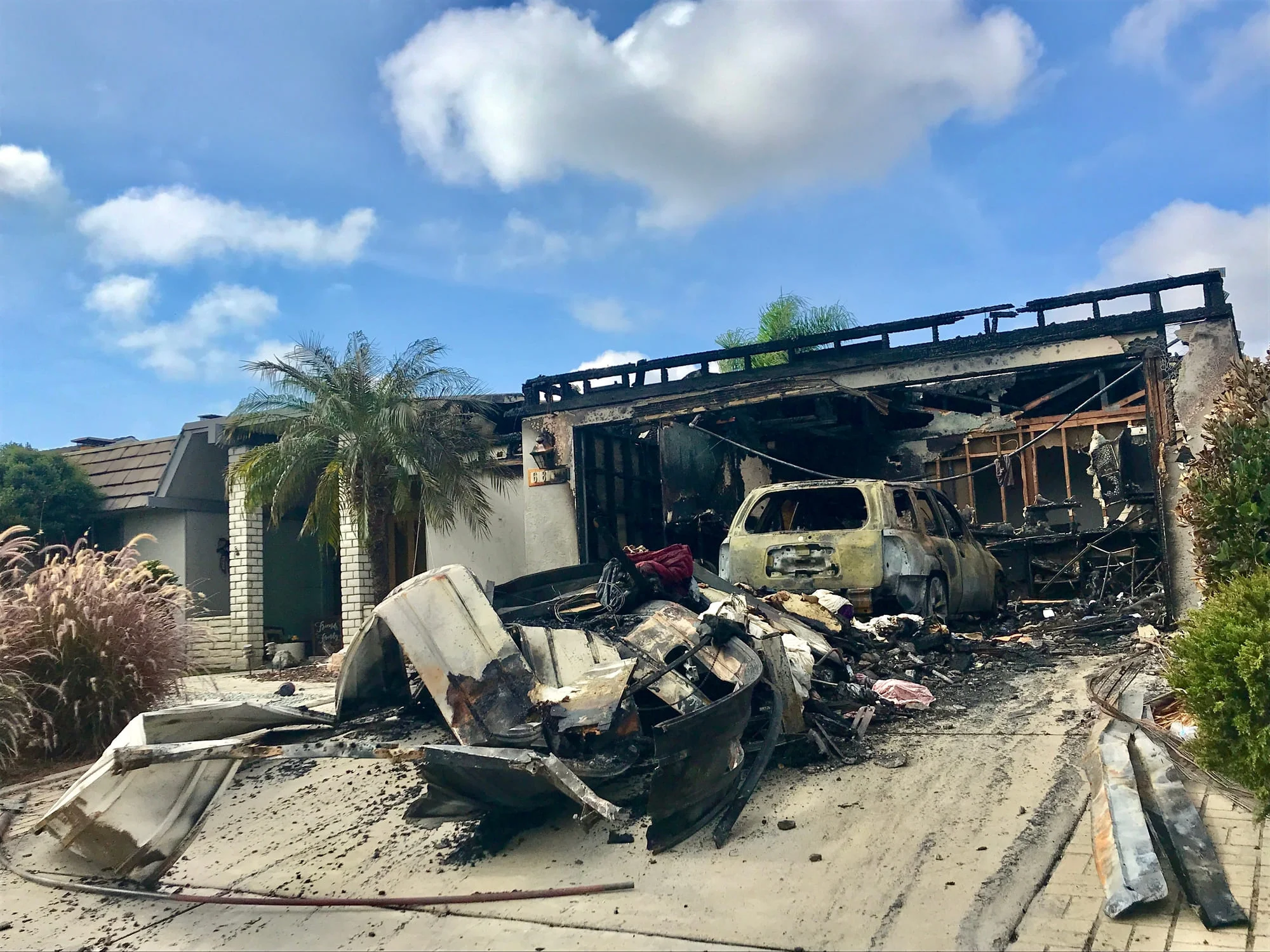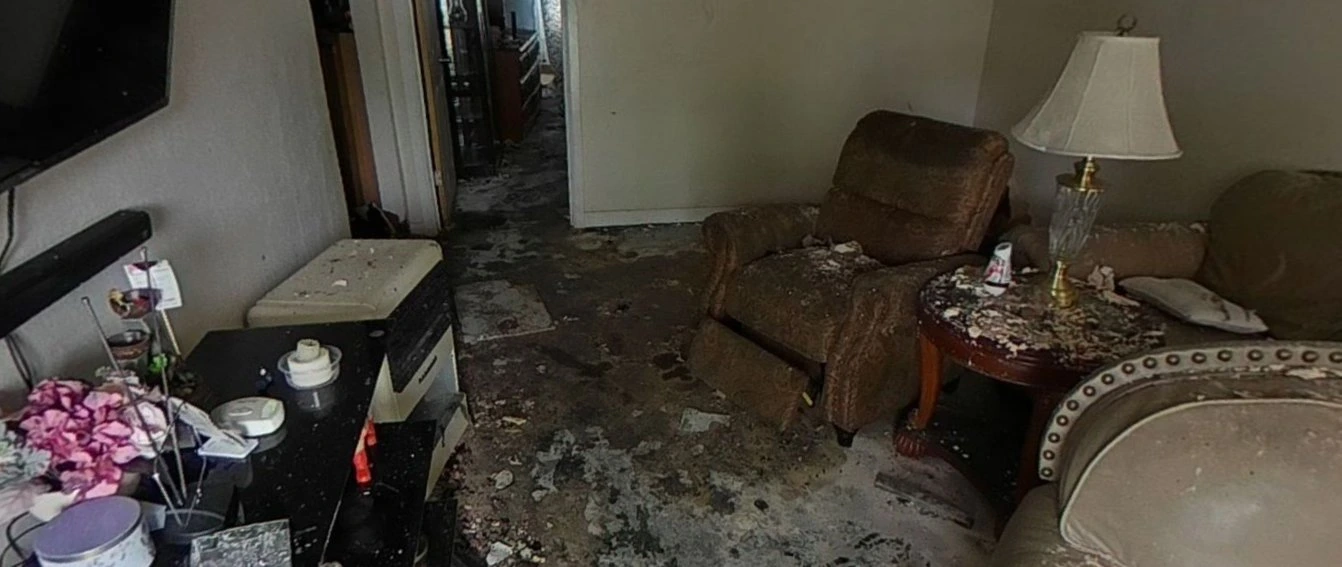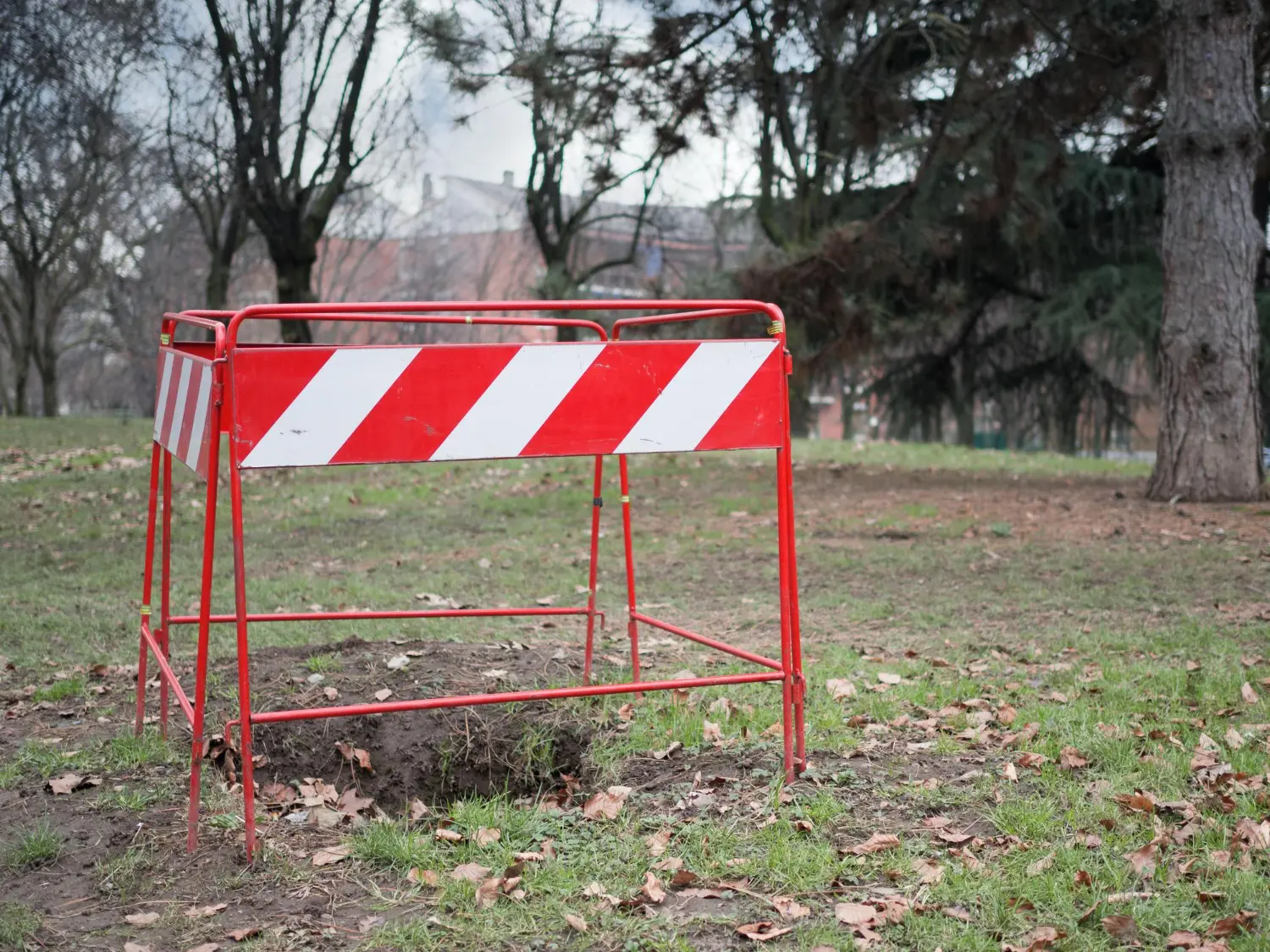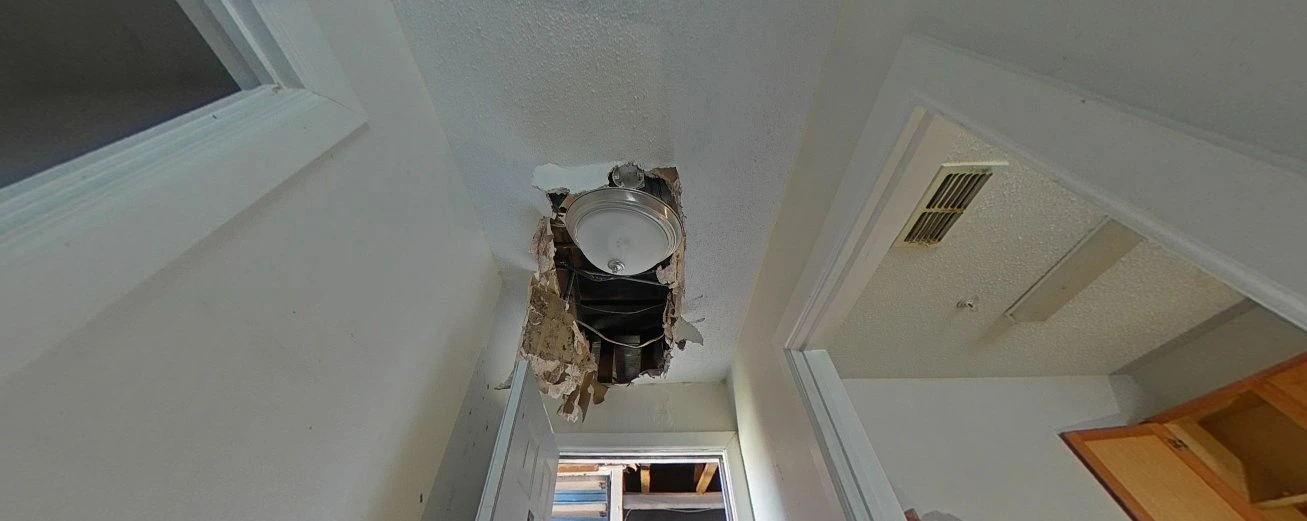
Residential Services
Perils We Adjust
We handle all covered perils on the most comprehensive residential and commercial policies, including:
Nuances of Residential Claims
Your home is where life happens—and when it’s damaged, the impact goes far beyond four walls.
When a loss occurs in a residential setting, it’s not just a structure—it’s where you sleep, eat, work, and live. A fire, water loss, or storm can instantly make the home uninhabitable—or the repairs that follow will. And while your contractor or public adjuster works to reach a fair settlement, you’re still displaced.
The residential claim process is filled with moving parts:
- Identifying the full extent of the loss.
- Estimating and valuing it using data and supportable evidence.
- Negotiating with the insurance company to secure payment.
- Dealing with a mortgage company that may hold back a portion of funds until incremental inspections are completed.
- Coordinating with a contractor who’s expected to start quickly and finish efficiently.
And let’s not forget your personal belongings. Homes are filled with things collected over years—furniture, electronics, tools, books, wardrobes. If those are damaged, you’ll need a comprehensive non-salvage inventory to capture everything from the pencils on your desk to your Louis Vuitton shoes. That takes time, documentation, and a process that most homeowners aren’t prepared to handle alone.
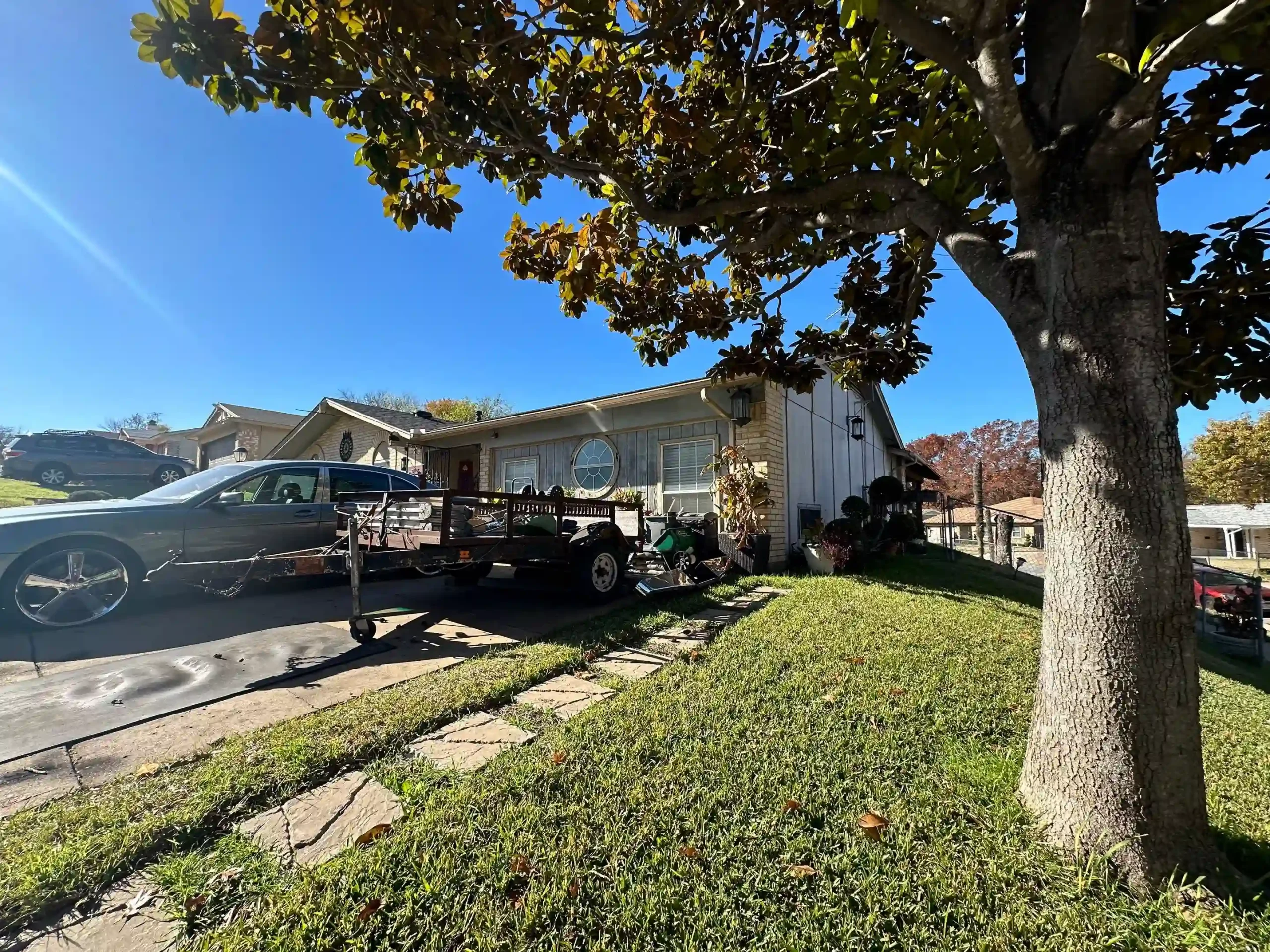
Appraisal Support
Okay—I’ve got a contractor saying one thing, and the insurance company saying another. Who’s right? I need a referee.
When you’re deep into a claim and your representative can’t come to an agreement with the insurance company, you’ve hit a wall—and that’s when appraisal may come into play.
Most homeowners don’t even realize their policy contains an appraisal clause—a built-in resolution option that’s triggered when there’s a dispute about the amount of loss (not coverage). But not all appraisal clauses are the same. Some require written notice. Others may limit when it can be used or how the outcome is applied. That’s why it’s essential to review your specific policy’s language—because each clause has its own process and merit.
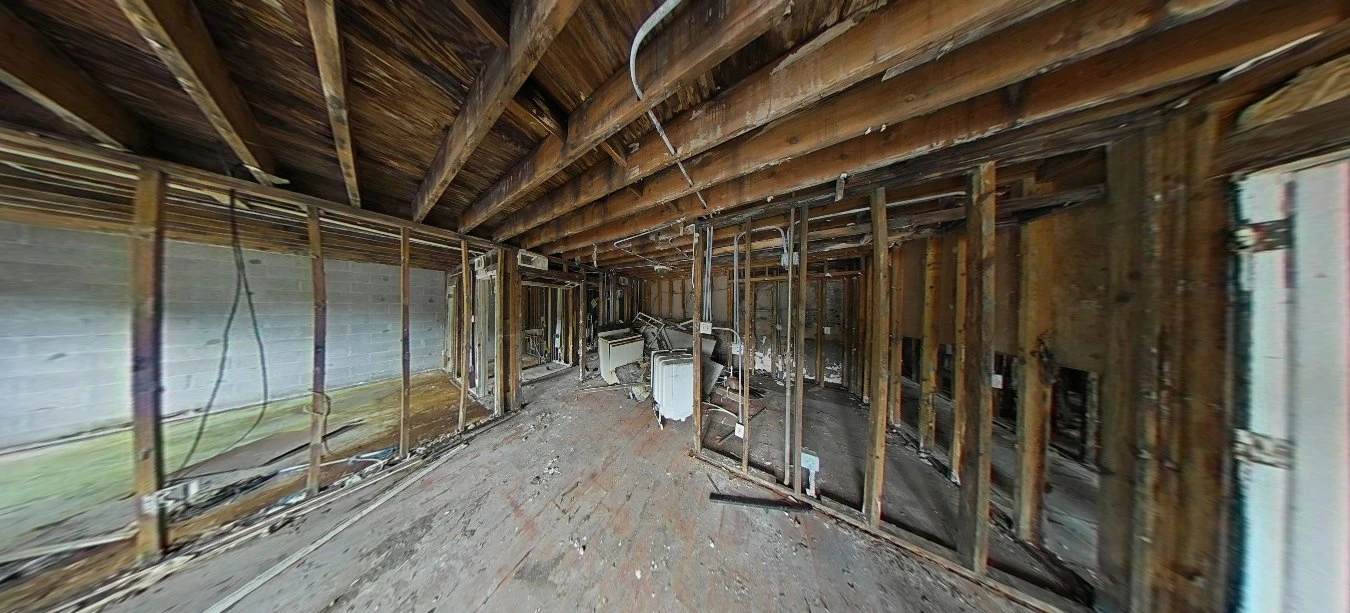
Disclaimer:
Each policy has its own specific appraisal clause, and the order of operations or decision-making authority may vary. It is essential to review the policy that insures your property to fully understand how your appraisal process is governed.
This process can often resolve disputes without the need for further escalation—but again, each claim and policy carries its own details and potential exceptions.
So What Happens in Appraisal?
Think of it like structured arbitration for property insurance:
- You select an appraiser to represent your position.
- The insurance company selects theirs.
- If the two appraisers can agree on the value, that amount becomes binding.
If they cannot agree, they will attempt to appoint an umpire—a neutral third party. If an agreement is reached between one appraiser and the umpire, that value becomes binding.
Where OPCC Comes In
At Only Plans Claims and Consulting, we understand both the language in your policy and the real-world construction values behind the numbers. That’s why we offer:
- Appraisal representation for policyholders.
- Neutral appraiser or umpire services, when permitted.
- Guidance before invoking appraisal, ensuring it’s the right move for your claim.
We don’t just know the process—we’ve navigated it, resolved it, and delivered results for policyholders across the country.
If you’re at a standstill with your carrier, appraisal might be your path forward. Let’s make sure it’s the right one—together. Contact us.
Claim Denial Reversals
They said it wasn’t covered. We say—let’s take another look.
A claim denial doesn’t always mean the end of the road. In fact, some of our best wins come from what started with a ‘no.’ Whether it’s due to misinterpretation of policy language, incomplete inspections, overlooked documentation, or just plain bad adjusting, claim denials happen—and we know how to challenge them.
Carriers are quick to lean on terms like:
Wear and tear
Pre-existing damage
Insufficient storm data
No sudden or accidental event
But what they often fail to do is fully investigate—or correctly apply your policy.
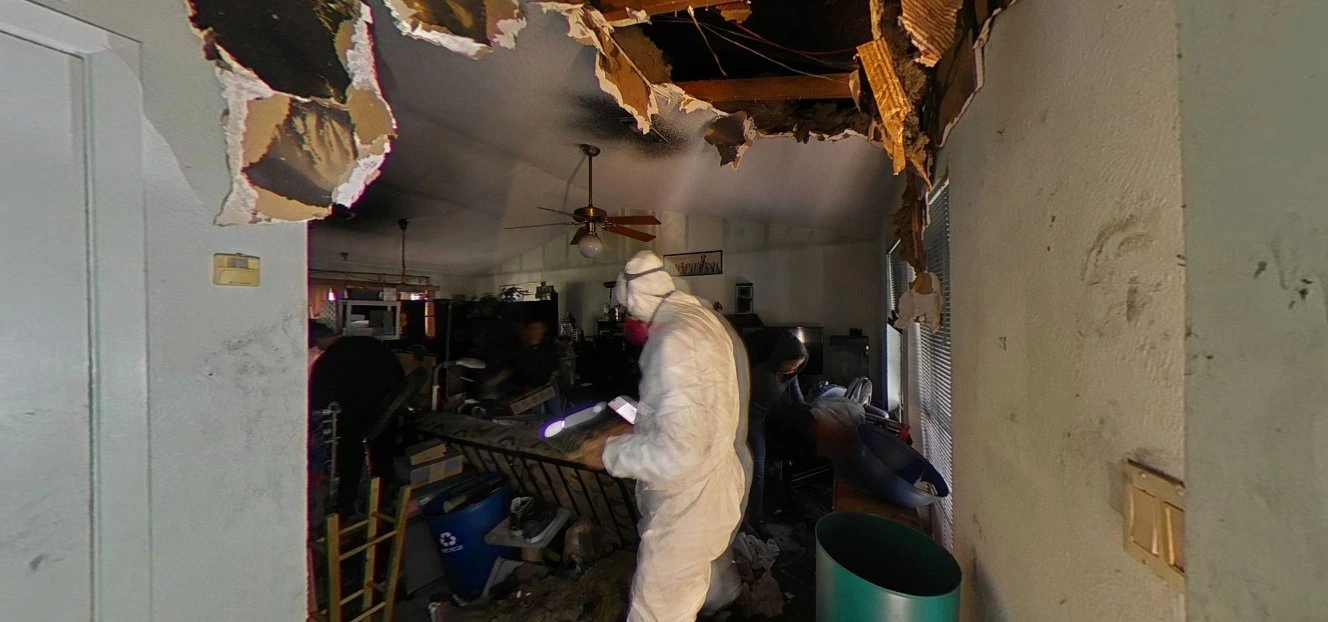
Denied Doesn’t Mean Done
Policies are contracts. And if the insurance company didn’t fulfill its contractual duty to investigate fairly and thoroughly—or if their interpretation is flawed—you’re entitled to challenge it.
And with OPCC, you’re not just challenging it—you’re doing it with a team that speaks adjuster, engineer, contractor, and legal… fluently.
We Don’t Just Push Back—We Build the Case
When OPCC takes on a denied claim, we go into investigative mode:
- We review the policy line by line, including endorsements and exclusions.
- We conduct our own inspection—often using thermal imaging, microscopy, 360° imaging, or third-party experts.
- We pull weather data, building codes, manufacturer specs, and whatever else it takes to build a rock-solid rebuttal.
In many cases, we’ve been able to reverse denials, reopen claims, or push for additional reviews that resulted in tens—even hundreds—of thousands in recovery for our clients.











